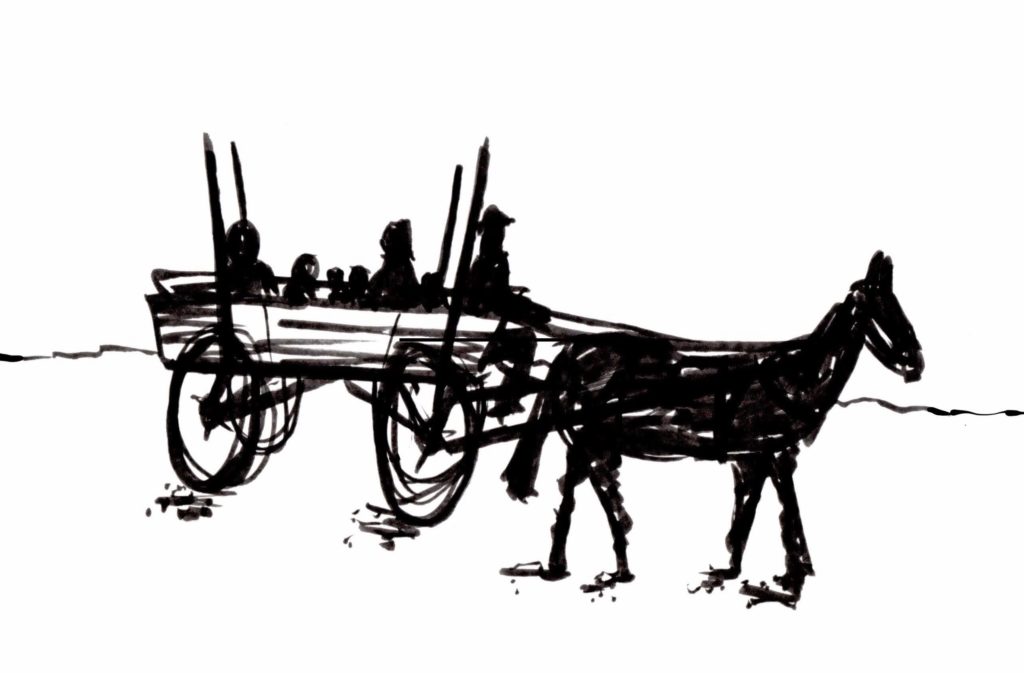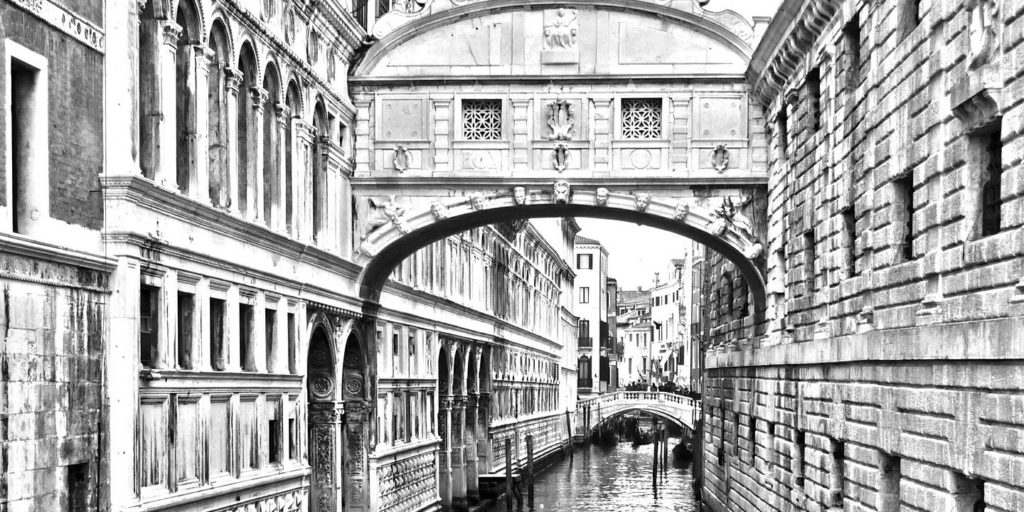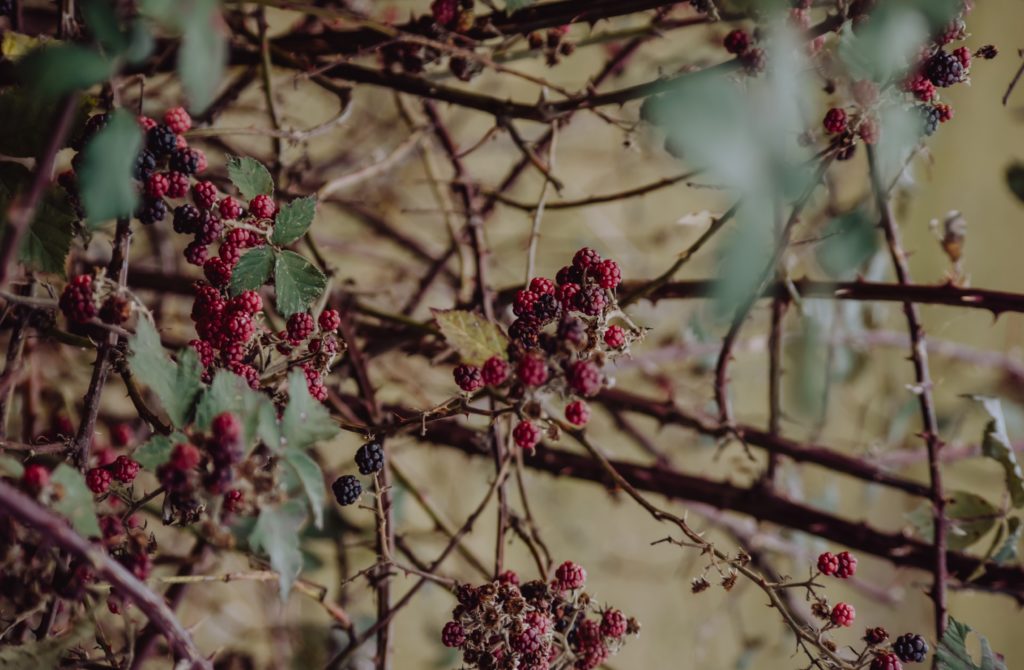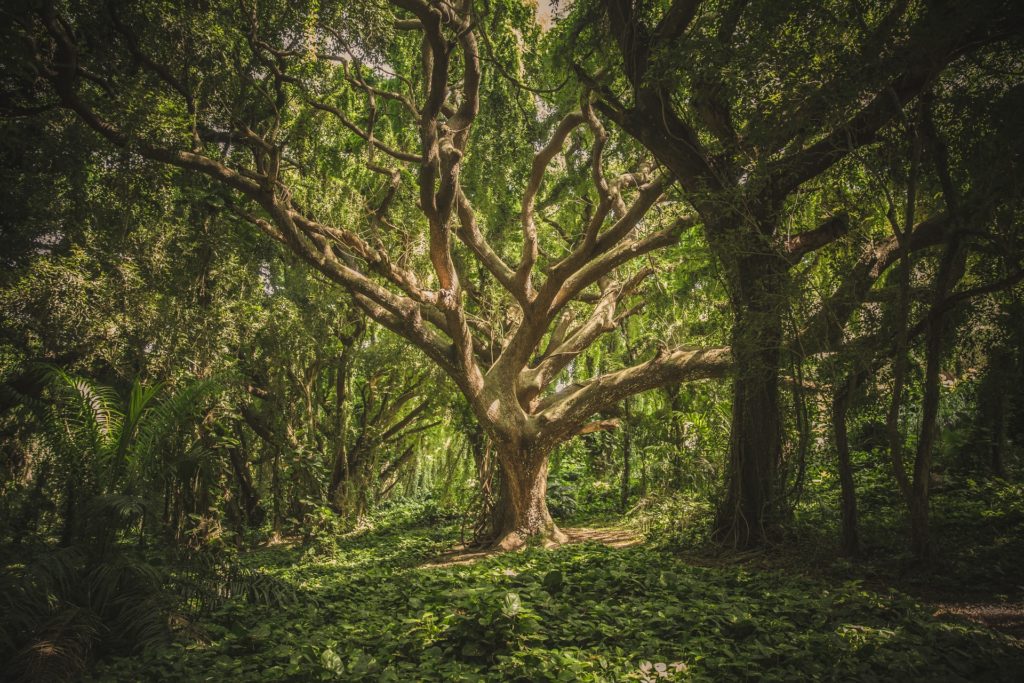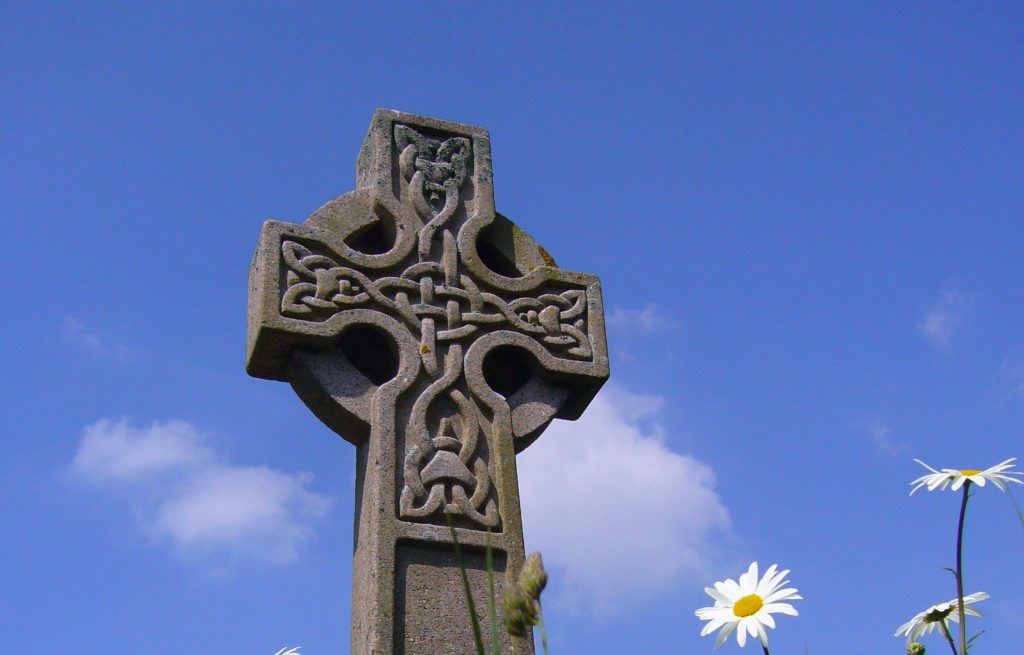High in the pine-covered mountains of southern Turkey, there lie the ruins of the only city Alexander the Great could not conquer. Termessos is its name.
In January, when the air is dry and the sage bushes from which the Turks make their healing tea have grown scraggly, there are few visitors. This is the time to come to Termessos.
Stephen and I hiked up the long dirt path, passing a sprinkling of shepherds’ huts. When we arrived at the top, we were surprised by a magnificent Greek theater curled into the hillside. Walking about the ruins, we discovered among the weeds the remnants of a gymnasium, an agora, and a collection of sarcophagi strewn haphazardly up and down the hills by an earthquake more than two thousand years ago. Beyond the tombs, we came to the rim of the plateau, where we could look out across the winter-colored valleys below. The cool air carried the smell of bay trees and mint bushes. Chimney smoke wafted faintly from the shepherds’ huts. In the silence, broken only by the occasional bleating of a lamb, we felt all the beauty of Termessos was ours to enjoy alone.
‘THEY’RE AMERICANS! AMERICANS!’
We looked around to find where this voice had come from and, turning, saw at a distance two figures sitting on boulders. ‘THEY’RE AMERICANS. I KNOW IT!’ Walking closer, we came upon a large man in his sixties, well-dressed and eating stuffed grape leaves straight out of a can. The second man, also smiling and well-dressed and who to me looked Turkish, was boiling water for tea in a tin kettle over a small camp stove.
‘I told you I saw Americans!’ the large man laughed and, turning to us, asked, ‘You are Americans, aren’t you?’
This was our introduction to Mr. Brand, a wealthy, retired Canadian executive who was now touring the ancient ruins of Turkey, rolling about the countryside in a Mercedes-Benz with his friend and personal guide, Adnan. Adnan stepped forward to introduce himself. His manner was of the city, refined and confident. He seemed a highly educated man, and later we learned he had worked for Turkish Intelligence, and that the car was his.
It was obvious that Mr. Brand was tickled to find fellow North Americans in this isolated place, even if they were scruffy, poor, and a third his age. When he found out we were living out of a van which we’d driven to Termessos from Switzerland, he stared at us for a moment in incredulity then laughed, before inviting us to dinner at his hotel in Korkuteli.
That evening, when we entered the hotel’s small dining room, we noticed that all the tables were bare but ours, which glowed with candlelight. ‘We are having an international dinner,’ Mr. Brand announced as he and Adnan ushered us to the table, delightfully set with little paper Turkish, Canadian and American flags.
Mr. Brand ordered grandly. We had seemingly endless platters of appetizers followed by a roasted lamb dinner. We talked with Mr. Brand of many things that evening – politics and food, jobs and T.V. shows – creating the immediate, heartfelt bond travelers do when they find themselves with superficial things in common, far from home. Adnan told us a little of his work for the Turkish government, but most of all he enjoyed joking with Mr. Brand, and waggishly dubbed him ‘Alexander.’ ‘You conquered another archaeological site today, Alexander,’ he teased, ‘You met little resistance. Very good.’
We swapped endless anecdotes and laughed uproariously at every trifle and then, just like that, Mr. Brand closed his eyes, his head dropped to his chest, and he was asleep. At intervals, he would mumble plaintively, ‘Darling…darling.’
At these mutterings, Adnan would look at us in mock puzzlement and wickedly ask, ‘Excuse me sir, excuse me madame, but did either of you call me darling?’ The raki we were drinking made this repeated joke seem very funny and even with Mr. Brand asleep, the three of us continued our conversation in high spirits deep into the evening.
Outside our dining room, stars slowly emerged to the regular measure of Mr. Brand’s snoring. I thought then how good it was to be in Turkey. We had been warned many times of the dangers of traveling in the country, yet in every town we experienced only the warmest hospitality.
‘I like it here,’ I said. ‘People here have been kind to us.’
Adnan put his glass down. ‘The people of my country are very good.’ His voice had turned solemn and quiet. ‘I will tell you how very good my people are.’ He began to speak as gently as if he’d just borrowed someone else’s voice and had to be especially careful with it. ‘I will tell you now what I have never told anyone.’ Then, as the candlelight flickered, Adnan told us his secret.
‘You know from our talk this evening that I am a city man. I am no villager, no peasant. My wife too. Let me tell you: not only does she not cover her hair, it is blonde! For many years I worked hard in the service of my government from early in the morning to late at night. On a Saturday night we enjoyed ourselves with friends in Istanbul, but for years I took no vacation. One day, about six years ago, I said to my wife, “Let’s get out of the city. Let’s visit Izmir province. Let’s go to Ayvalik and swim on the beach. We can take a boat to Alibey and the other islands – get away from all thoughts of work.” My wife was so happy, she packed right away. The next day we started out. A few hours after we started, we drove through an area you wouldn’t know, but the road is very bad, skinny and full of holes. On this road, which passes through a village, I saw coming toward me a cart pulled by a horse. The cart was piled high with potatoes on which sat a whole family. That is the way it is in my country, person or potato, you ride the same.’
‘Darling,’ Mr. Brand softly beseeched. We glanced at him but Adnan did not make his joke.
‘The cart came toward me slowly, but I was in a hurry. I had a dream of islands in my head. “Slow down,” my wife said. “I am,” I answered. “Now don’t worry. I will pass him.” But I must tell you we have a saying from the Koran: “Haste is the devil,” and it is true. For as I passed, I came too close to the cart. Perhaps the horse started, for seconds later I saw in my mirror the cart – fallen over on its side.’
‘Was anyone hurt?’ I asked.
‘Wait, I will tell you. I stopped the car and got out to look. My wife turned around to look, too, and screamed. “Be quiet!” I shouted to her. “Put your scarf on! Cover your head!” Among the potatoes, the family stood, still as statues. As I walked toward them I saw what they were staring at. An old woman lay on the ground, face up. Those who have never seen death might have thought she was asleep, but I knew she was already with Allah. I looked up at the faces of her family surrounding me and into the vengeful blue eyes of a tall man.’ Adnan paused. ‘In your country, everything is the courts, but for my people, justice is done by families. Cruel and quick.
‘We escaped while they were still stunned. I ran to my car, turned the key and stepped hard on the gas until the family became no more than a tiny reflection in my mirror. Fast as an assassin I drove toward Istanbul, for I had no desire to continue my holiday, and I told my wife this. I drove all the way back home, my wife crying softly beside me. I only stopped once in Manisa, to put in gas. They are far from me now, I thought as I drove. And, after all, I reasoned with the pride of working for the Turkish Intelligence for eighteen years, they are simple people and would never think to write down my license number. The next day I went back to work, my co-workers making a joke of my early return. I made up a crazy reason and laughed with them. Yet that night I could not sleep. “I killed an old woman,” I said to my wife. But she was now calm and logical. “It was not your fault. They had no right to take up so much of the road. They should pull off the road for cars. You did not mean to hurt anyone. It was an accident. You did not do it purposefully!” I knew she was right and after a half-hour or so of this kind of talk, we went to bed. But I could not sleep. For the longest time, I just lay in bed, turning from side to side and thinking. Then, quietly, so as not to wake my wife, I got dressed, put on a cap, walked down the stairs and into my car.’
Get the best of Moxy directly in your inbox.
The waiter asked us if we wanted coffee. Adnan ordered. Then he continued.
‘There was little traffic at that time – only a few trucks heading out from Istanbul. I drove continuously, without thinking anything. It was morning when I arrived in the village. As soon as I entered, I knew they were burying the old woman, for I saw groups of people all going to one house carrying food. I turned around and drove out of the village. I parked my car about a half mile from it. I pulled the cap tightly on my head, walked back, followed the mourners inside. The tiny house was crowded with people sitting on the floor, standing against the wall and in the doorway. “Basinia sag olsum,” someone said to me. Let your mind be healthy. “Basiniz sag olsum,” I returned. In the center of the room, in a coffin draped with her green embroidered head shawl, lay the old woman. She was wound in her shroud, which was far too long at the feet, so had to be kept around her legs with a rope. About her, the women cried, but the men stood stone-faced and silent.’
‘Weren’t you afraid?’ we asked.
‘I was afraid, and yet, there was no other place I wanted to be. The old woman was completely surrounded by mourners. With so many people, it was hot in the room. Mixing with the sweat were the smells from her coffin – camphor and rosewater. The hoca of the village stood by the coffin, and after a while began to read aloud from the Koran. Some of the villagers mouthed the words. I joined in myself. All the while people kept coming in the door, “Basinia sag olsum!” “Basiniz sag olsum!”’
How many people can squeeze into these homes? I thought.
‘“The cap does not hide you.” A whisper in my ear. I turned to find myself looking into a man’s deep blue eyes. “I know who you are,” he said. “You are the man with the fine car. You parked it behind the mosque, didn’t you?” I nodded. “You are the man from the city. You are license plate 34 LE 047. You are the man that killed my mother.” Neither of us broke the gaze. My heart pounded against my chest like a prisoner beating at a door. Words would not come. In the next second the man was joined by two others. Now all three of them stared hard at me, and I wondered why I had left my gun in Istanbul. “You ran away,” the blue-eyed man said. My mind raced. How quickly can I bolt to the door? I thought, not daring to avert my eyes from his. “You ran away,” he repeated, “then you came back.” He paused. I wanted to say something, perhaps to defend myself, but I said nothing. “Only a very brave man would come here. Because you came back, my family forgives you.” I don’t know what I said then. To tell the truth, I probably said nothing, for the words weren’t in my mouth anyway but in my heart. Suddenly howls of mourning sounded. The women had begun to weep louder and the whole house now burst into grief. “Thank you,” I said to the blue-eyed man. He said nothing. Our eyes locked a moment and then he and his brothers turned away. They were going to take their mother out of the house. I watched the little home slowly empty itself, the villagers walking as a group, chanting as they carried the old woman high above their heads. The coffin bobbed up and down – a tiny wooden boat on a gentle sea of mourners. I did not stay to see her buried. I arrived back in Istanbul late, just at the call of the muezzin – as I crossed the Galata Bridge, the whole city seemed to me sanctified.’
Adnan took a sip of coffee. For a long while he did not speak. Then he said simply, ‘That is why I tell you my people are good.’ He paused again as if he were going to say something else. But he didn’t. Instead he nudged Mr. Brand. ‘Alexander, efendi, you have more conquests tomorrow. It’s time to go to bed, Alexander.’
Mr. Brand woke up. We thanked him for the dinner and bid them both goodbye. We felt the lights of the dining room go out behind us. The next day we were moving on from Termessos to Antalya, where we would find a hotel or somewhere to stay for a while, before continuing east. ‘Watch out for the Eastern Turks!’ we’d been told several times. The trepidation – fear with excitement – which I think all travelers experience heading away from the familiar, was stirred whenever I heard that warning repeated. But Adnan’s secret, and the fact that he had told us his secret freely, without prompting, seemed to me, however naïvely, a token, that we would be safe.

